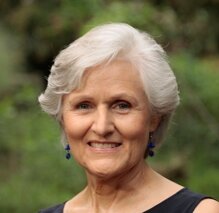The Alliance for Unitive Justice Invites Guests to Attend First Session of New UJ Practice Groups
Unitive Education Practice Group
Meeting Monday November 9, 2020 7:00 to 8:00 p.m. Eastern
Unitive Justice Practice Groups are a newly organized AUJ member benefit. UJ Practice Groups offer an opportunity to attend regular online meetings that focus on 5 specific UJ applications: Education, Re-Entry, Leadership, Business and Politics. UJ Practice Groups are convened by experienced Unitive Justice practitioners with particular experience and knowledge of their UJ Practice Group application.
The first online Unitive Education Practice Group is meeting on Monday November 9, at 7:00 to 8:30 p.m. Eastern Time. If you would like to join this online meeting as a guest, please send an email to info@a4uj.org. You will be sent the Zoom link and password for the meeting.
Conveners: Tami Sober and Sylvia Clute
Tami is an Asst. Prof. in VCU’s School of Ed. She has 25 years of experience as a teacher, teacher advocate and a teacher educator. Sylvia, a former trial attorney, has spent 33 years developing Unitive Justice theory. She has taught Restorative Justice using UJ principles (now called UJEd) at VCU from 2016-2020 and at VUU 2015 – 2019. Tami and Sylvia first taught UJEd together in the 2020 Summer Learning Institute at VCU. Their complimentary experience and skills.
The goal of UJEd is a school culture and learning environment that upholds the dignity of all students, their families, teachers, administrators and support staff. It fosters and encourages a shared vision of a school culture that is grounded in Lovingkindness. Among the values that are modeled in a unitive school culture are self-governance, connection, insight, inclusion, honesty, trust, synergy and Love.
UJEd uses Unitive Justice processes to address misconduct (by students or adults) by getting at the root cause, by supporting those in conflict in recognizing their shared humanity, and by helping them discover mutually beneficial solutions in which no one has to lose. Misconduct is most often a reflection of separation; UJEd sees the solution to separation as connection. Healthy, trusting relationships are a key element in UJEd—genuine connection diminishes the need for punishment.
But UJEd is not only about conflict resolution--the adults use resources in ways that benefit the school community. Success is measured by measurable student academic progress based on established standards and improved social-emotional learning that is reflected in daily interactions. Adults model professional standards and ethics by making a positive cultural contribution to their school, the local school district, and their profession.
UJEd began on a limited basis in the first pilot Restorative Justice program that Richmond Public School launched at Armstrong High School (2011-13) with positive results. We are building on that early experience and the years of experience in UJEd teaching and training that has followed.
If you would like a guest invitation to the first online UJEd Practice Group please send an email to info@a4uj.org.


